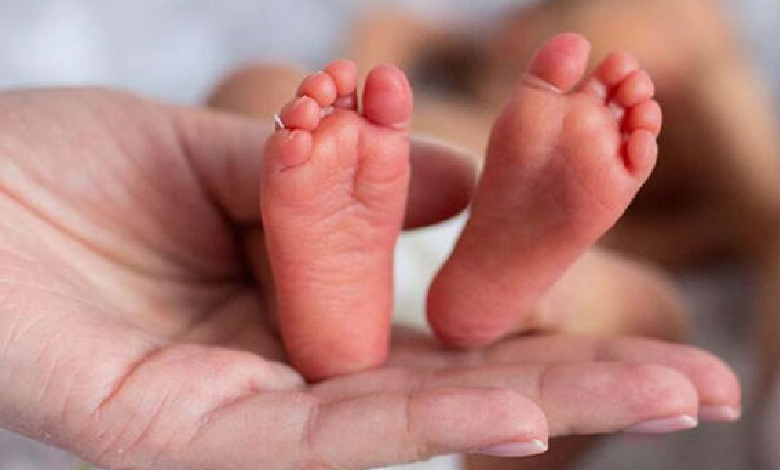Researchers note concerning impacts of climate change on child health: Check out

Higher incidence of respiratory diseases and deaths, increased number of preterm births and rising number of children in hospitals are some of the most prominent health outcomes humans across the globe are facing from the impacts of extreme climate change.
Urgent and effective global action is required to prevent this horrifying reality from devastating children’s health for generations. Human-caused extreme disasters such as unprecedented temperature spikes, floods and bushfires are impacting billions of lives, even in rich countries.
The European Union’s Copernicus Climate Change Service recently confirmed 2023 as the hottest year on record. Later on, it also informed that global mean temperatures between February 2023 and January 2024 had crossed the 1.5 degrees Celsius limit.
Many direct links between climate change & child health
The 2015 Paris Agreement seeks to help the international community limit global heating to 1.5 degrees above pre-industrial levels. Nonetheless, the aforementioned CCCS data doesn’t imply a permanent breach of the deal as it considers long-term warming over several years.
Published in the journal Science of the Total Environment, the latest study is the first to collect all the available scientific evidence for the effects of climate change on children’s health, according to a report from the Financial Express dated February 23.
Researchers identified many different direct links between climate change and child health. The strongest of them was a 60% increased risk on average of preterm birth from exposure to temperature extremes. Respiratory diseases, mortality and morbidity also become worse.
Even advanced economies are not in safe zone
“The effects of different air pollutants on children’s health outcomes were smaller compared to temperature effects, but most pollutants still had an effect of some type, so the news is concerning,” said one of the researchers involved in the study.
Geography also dictated the impacts of climate change. For example, extreme temperatures in Australia have led to an increase in premature births on the East Coast, Northern Territory and Western Australia. But similar situations have caused higher mortality rates in South Africa.
Furthermore, most of the analysed studies were in high-income countries, despite the fact that children in lower-income nations are most likely to have inadequate access to healthcare, infrastructure and stable food supply. This implies even advanced economies are at risk.



